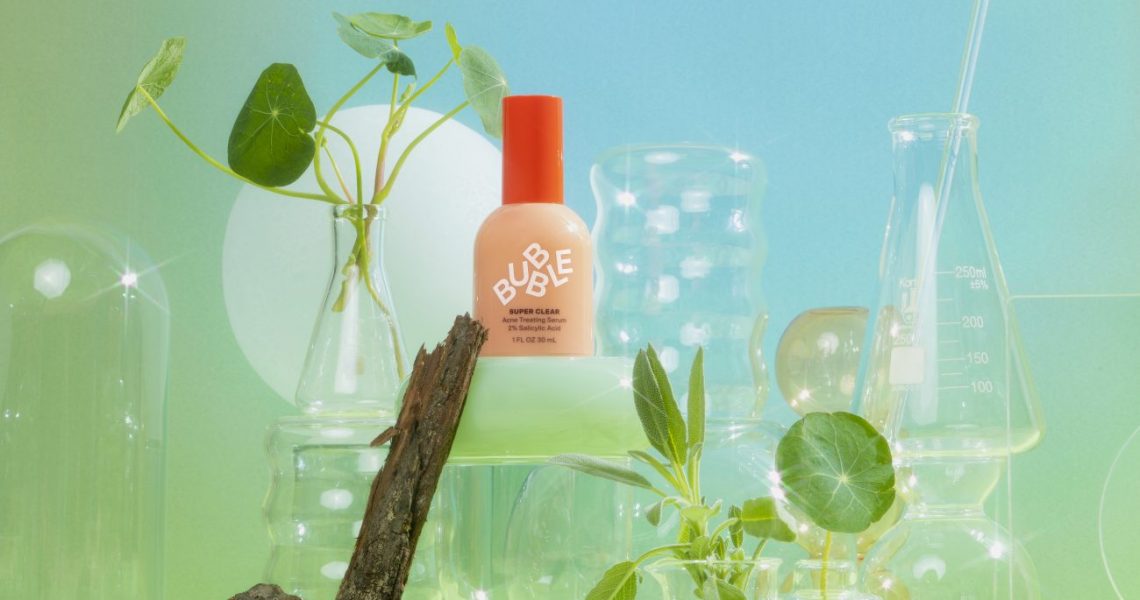While millennials may have ushered in the DTC era, Gen Zers are the ones ending it.
That was one insight shared on Day 3 of the Glossy Beauty Summit this week by Shai Eisenman, founder and CEO of teen skin-care brand Bubble. In a fireside chat, Eisenman revealed the results of her company’s research on 5,000 of its Gen-Z customers. Founded in 2020, Bubble started out with a focus on DTC sales, but quickly launched in Walmart and CVS. It added Ulta Beauty to its retail partners two weeks ago.
“When we talk to Gen Zers, 80% of them actually prefer to shop in-store for skin care, and 58% of them want to shop in big-box retailers,” Eisenman said onstage. In her view, the DTC sales model is one that is not suited for all categories, especially when it comes to beauty and personal care.
“It’s easy for us to assume, ‘Everybody wants to shop DTC,’” said Eisenman. “But think of yourself when you run out of your toothpaste.” In her view, it’s time for brands to realize that customers may not want to “go to an exclusive website, wait for four days to get your toothpaste and pay $4.95 for shipping.”
“Truthfully, accessibility is a really big part of what consumers are looking for today, and specifically Gen Zers,” she said.
Eisenman uses group messaging app Geneva to source feedback from a community of 5,000 Gen-Z members that guide the Bubble team on “every decision we make,” she said.
“We have different rooms where we talk to them,” she said. That includes rooms where they’re “able to speak to a dermatologist and ask whatever questions they have,” as well as rooms dedicated to discussing relationships, sharing support and digging in to topics they care about.
Ad position: web_incontent_pos1
The information the brand receives through Geneva is a “game-changer” for the brand, said Eisenman.
Beyond favorite sales channels, the brand has also learned that not all Gen Zers are big “skintellectuals” with the knowledge base of TikTok’s top “skinfluencers.” In fact, education about skin-care basics is still crucial for most of them.
“We came into this thinking, ‘OK, we know that young consumers really want to care for their skin when they’re older. They really want to ensure that their skin doesn’t age as much.’ We had no idea what we were talking about. They did not know any of the brands we thought they’re using.”
As part of its education-based marketing, Bubble has an extensive “Skin School” section on its site that offers a skin quiz, information about ingredients and skin conditions, and a debunking section for common DIY acne “hacks” like putting toothpaste on blemishes.
“We want to speak to them in a way that is digestible yet very straightforward,” said Eisenman.
Ad position: web_incontent_pos2
While the brand is betting on retail as a sales channel, Eisenman also emphasized that digital marketing is as important as ever for this age group. Bubble’s research found that “the average consumer needs to see us 9-12 times to make a purchase decision,” she said.
“They’re going to search for us on TikTok. they’re going to search for us on YouTube. They’re going to go and look for different ways to see reviews and learn about the brand. And then, maybe at the ninth time they see the brand, they’re going to go and actually make a purchase decision at the store.”




